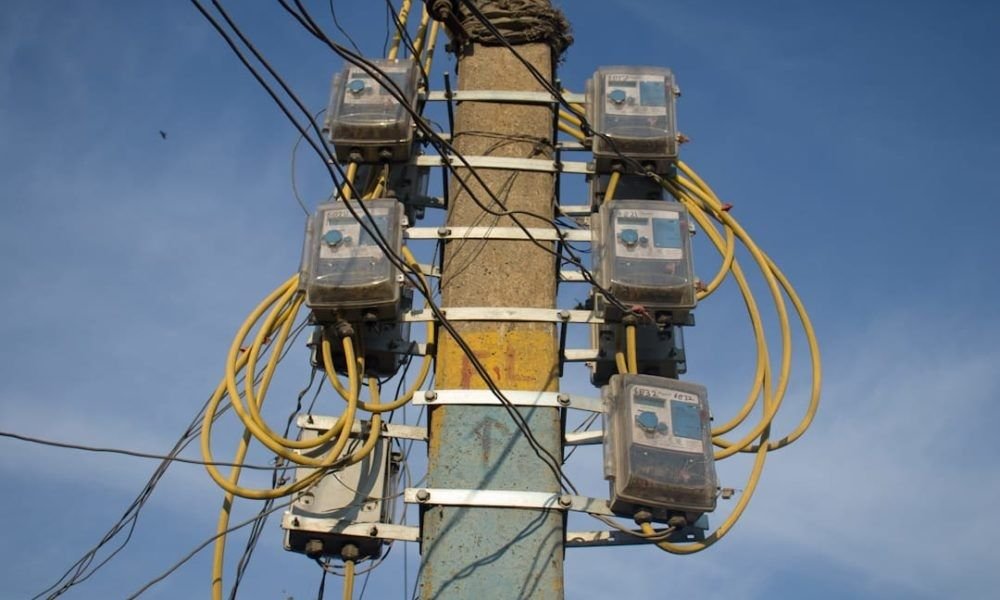In a recent meeting convened by the Private Schools Association, Jammu Chapter, several pressing issues affecting private educational institutions affiliated with the State Board across Jammu district were brought to light. The meeting highlighted systemic and administrative hurdles that are hampering the effective operation of these schools, which play a vital role in the region’s educational landscape.
1. Complexity in Management Committee Approvals
School authorities discussed the lack of clarity and consistency in the approval process for management committees. These delays impact the overall governance of institutions and hinder timely decision-making.
2. No Single-Window Clearance for NOCs
One of the major concerns was the absence of a single-window mechanism for obtaining mandatory No Objection Certificates (NOCs) during the affiliation and renewal process. Schools are often left to navigate a maze of bureaucratic procedures across multiple departments, causing prolonged delays and operational disruptions.
3. Heavy Penalties on Delayed Fee Submissions
Institutions reported the imposition of hefty fines for delays in submitting fees under various administrative categories. Members called for a more flexible and transparent system that considers genuine delays, especially in the face of procedural bottlenecks.
4. Exclusion from Decision-Making Bodies
The Association emphasized the need for equal representation of private schools in state-level educational bodies, particularly in the Fee Fixation Committee. Given the significant share of students enrolled in private institutions, the absence of their voice in key policy-making platforms is seen as inequitable.
5. Unequal Certification Periods
A disparity in the validity of Building Safety Certificates between regions was brought to notice. While schools in Kashmir are granted certificates valid for five years, those in Jammu are issued only one-year certifications, resulting in additional administrative burden and recurring compliance costs.
6. Frequent Portal Outages
Technical glitches and portal downtimes on the Directorate of School Education (DSEJ) website have been causing severe inconvenience. Schools are unable to upload necessary documents or complete digital processes, further delaying compliance and regulatory submissions.
7. Complications in CID Verification
The process of CID (Criminal Investigation Department) verification for staff and school officials has been marked by delays and lack of clarity. Schools urged the authorities to streamline this procedure to avoid unnecessary delays in staff onboarding and management approvals.
Strategic Solutions Proposed by Association
Association put forth several strategic recommendations aimed at resolving these systemic issues:
- Establishment of District-Level Central Offices: To ensure smoother NOC-related processes and act as a liaison between schools and various government departments.
- Annual Rotational Representation: Inclusion of private school representatives in the Fee Fixation Committee on a rotational basis to ensure fair representation and active participation in policy formation.
- Common Legal Counsel: Appointment of a shared legal advisor for all member schools under the Association to ensure unified legal representation and cost efficiency.
The meeting served as a critical platform for the private educational sector to voice their concerns and urge for structural reforms. With thousands of students depending on private institutions for quality education, stakeholders believe that a collaborative approach between the government and private schools is essential to enhance educational outcomes and ensure operational fairness across the Jammu district.
















